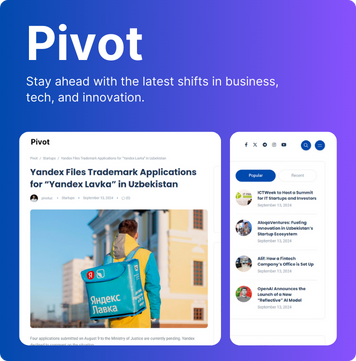
The NATO Innovation Fund (NIF), a €1bn initiative backed by 24 NATO allies to invest in defence and deeptech startups, has announced six VC fund investments since its launch. Despite some leadership shakeups—two of its five founding partners departed in the past year—the fund’s strategy remains intact, according to partner Patrick Schneider-Sikorsky. The focus continues to be on deeptech-focused investors willing to back startups in NATO member countries.
Maintaining Momentum in VC Investments
Although Thorsten Claus, NIF’s former head of fund-of-funds, has exited, Schneider-Sikorsky emphasizes that the fund’s approach to VC investments is unchanged. The NIF has reviewed “hundreds” of proposals from GPs over the past year, says Amalia Kontesi, NIF’s head of communications.
Chris O’Connor, who now leads the fund-of-funds strategy, highlights that the NIF aims to maintain its “aggressive pace” of investments, building on its initial successes. Thus far, the fund has partnered with firms such as Central and Eastern Europe-focused OTB Ventures, German-based Vsquared Ventures, Alpine Space Ventures for space technologies, and Baltic-focused BSV Ventures. While the team is seeking to expand by hiring more partners, specifics remain under wraps.
Plans for 2025
As NIF gears up for 2025, the team is targeting fund managers with deep expertise in specific areas like quantum technologies, space, or defence. Particular attention is being paid to regions with a lack of deeptech VC activity, such as Southern Europe, the Baltics, Central and Eastern Europe (CEE), and the Nordics.
“We want to build capacity,” Schneider-Sikorsky explains. The goal is to create sustainable access to capital in underserved regions and sectors that are crucial for NATO’s strategic priorities. Even in established deeptech hubs like Germany and the UK, the fund aims to expand opportunities in underrepresented areas.
Another emerging focus is the Mediterranean. Schneider-Sikorsky notes that several promising funds in the region are “advanced in our pipeline,” suggesting upcoming partnerships.
Backing Emerging Fund Managers
The NIF is also open to supporting first-time fund managers who bring unique expertise. Schneider-Sikorsky mentions that in regions with limited institutional VC presence, angel investors or informal groups with strong track records could be strong candidates. “NIF wants to support these investors,” he says, adding that many first-time GPs are currently under consideration.
Additionally, the fund is exploring partnerships with former founders transitioning into venture capital, further broadening its scope.
A Rising Tide for Deeptech VC in 2025
Interest in defence-focused funds is growing, albeit from a low base. Schneider-Sikorsky expects generalist VCs to take greater interest in deeptech next year, with some even launching dedicated funds.
“Some have made one or two investments in the space, and I wouldn’t be surprised if we see new, fully focused deeptech funds emerging,” he notes. “There’s going to be a lot more activity.”
As the NATO Innovation Fund looks ahead, it plans to channel resources into areas and technologies critical for NATO’s long-term goals, helping to strengthen ecosystems in both established and underserved regions.




Leave a Reply